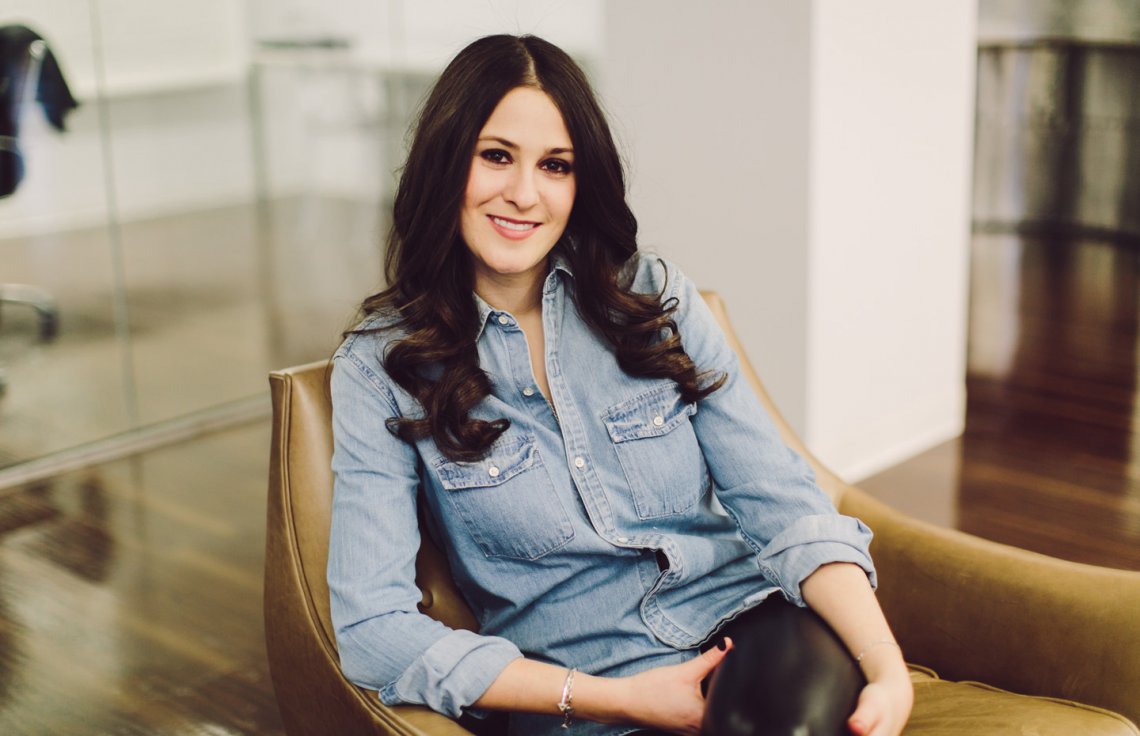When attending classes at McGill University left budding philanthropist, Julie Greenbaum, unfulfilled and uninspired, she decided to leave school in order to pursue her entrepreneurial dreams. But this wasn’t the only major change that she was fated to experience, as it turns out. Upon leaving university, Julie was struck with the heavy blow of losing her mother to ovarian cancer. Rather than letting negativity take hold, though, Julie’s grief stirred her entrepreneurial spirit even further—and, ultimately, Fuck Cancer was born.
With the love and financial support of her family, Julie started hosting events in her native Canada, targeting what she felt was a gap in the charity space—that of Generation Y. She traded the often times fancy charity galas for fun, affordable events that would educate and bring people together. Word of mouth turned the organization into a grassroots moment, but her big break came when she made the leap and started hosting events in the United States. When celebrities started donning her signature shirts, Julie knew the support would only strengthen her cause.
Today, Julie is a powerful example of how grief and loss can be redirected in order to create something amazing. As with most passion projects, there is no set schedule and 9-to-5 is not something that she often experiences, but Julie’s drive to grow the charity and continue to provide people with authentic experiences keeps her motivation up. That and her morning cup of coffee, of course!
Her Starting Point
You were only 19 when you founded Fuck Cancer. What had you been doing up until that point, and how did it contribute to starting your own organization?
I was a student attending McGill University. School was never really for me—I didn’t particularly connect with any of the subjects I was learning and felt stuck in a system that was unexciting and pre-planned. The feeling of wanting to work for myself in order to create and bring to life my own ideas is what pushed me to leave school, and definitely helped in starting my own organization.
Have you always had a philanthropic and business-oriented mind? How did you decide that you wanted to start a charity rather than just contribute to one that already existed?
Philanthropy has always been extremely important to me; it was very much apart of my parents’ value system and was constantly reinforced throughout my childhood with lessons like, “Being in a position to give back to your community and to help people in need is the greatest gift of all.”
At the time, I felt there were important outlets missing the charity space. Most charities were throwing fancy expensive galas outside of a 19-year-old price range. I wanted to create an experience for the younger generation to get involved in an affordable, fun environment.
One of my favorite parts of our charity is that each logo color represents a different cancer ribbon so everyone can be together still supporting the cancer they have a personal connection to.
The idea for Fuck Cancer came after your mother passed away from ovarian cancer. How were you able to take that experience and turn it into something positive rather than just let it negatively affect your life?
I held onto my mother’s words, “Life doesn’t owe you anything—you owe it to yourself to make your life the best that it can be.” I know she wouldn’t accept anything other than me being positive and moving forward.
Let’s take things back to the beginning of Fuck Cancer as a startup. How did you manage to secure funding and raise brand awareness?
I was fortunate enough to have the love and financial support of my father and family. The great thing about the events is that they don’t require much overhead, and since it was a grassroots movement, the brand awareness and support grew organically!
Her Big Break
Fuck Cancer started hosting events in Canada, but now hosts them in the United States, too. What was the process of expanding and growing as an organization like? What tools and resources did you take advantage of?
The process of expanding was overwhelming. We began receiving demand from all over the world and we knew that we needed to try and start breaking into the United States. I relied on the support from my generation, from young kids that wanted the opportunity to get involved and help raise money for an important cause in a fun interactive way. It’s a special feeling to know that the greater part of our success is tied to Gen Y!
Why specifically target young adults? Did you feel a stronger connection to them since you were (and still are) a young entrepreneur? How do you create, run and measure a successful campaign?
I definitely felt a connection; as a young adult, I feel that our generation can be the driving force behind some of the most inspiring and positive movements. These events take logistical planning and on-the-ground support. Of course, we measure success based on what we raise financially and the amount of exposure and awareness we generate, but more importantly, a successful event for me is one that plays a role in bringing people together and allowing them to feel the bond and connection that’s created when we all collectively unite in this fight.
You’ve had several celebrities, from Scott Disick to Ashley Benson, rep your shirts and draw attention to your charity. What is your reaction to this type of support?
It has been incredibly exciting to watch this organization grow from something that started in my basement with one laptop, to where it is today!
You partnered up with Yael Cohen Braun, who runs FCancer, a similar organization. How did that partnership come about and what sort of impact did it have on Fuck Cancer?
We had always known about each other and finally met last year in person. We instantly connected and shared a strong desire to make a greater impact in the Cancer space. It was clear that by joining forces and collaborating instead of competing, we would be able to accomplish so much more.
Her Perspective
What is your absolute favorite part of working for a charity organization? And, on the other end of the spectrum, what's the most challenging?
Having the constant opportunity to connect and speak with others who have been affected by this disease. Hearing that our organization has made even the slightest difference for someone dealing with Cancer is an incredibly rewarding feeling.
The most challenging part is not allowing yourself to fully feel and fall apart emotionally every time you hear about someone else’s struggle.
What is the best piece of advice you would offer to young women who want to start their own business or non-profit? What did you wish someone had told you before taking that leap?
Just do it! The most important move is to move forward.
Fuck Cancer definitely doesn’t revolve around a typical 9-to-5 schedule. How do you find time to relax and what do you do to unwind?
Truthfully, it’s something I struggle with. I have a hard time detaching at the end of the day!
And finally, what do you wake up looking forward to? What’s next for your career?
I really look forward to growing the charity and continuing to provide people with raw, authentic experiences. I hope whatever I choose to do in my life, it incorporates helping others in need!
You May Also Like
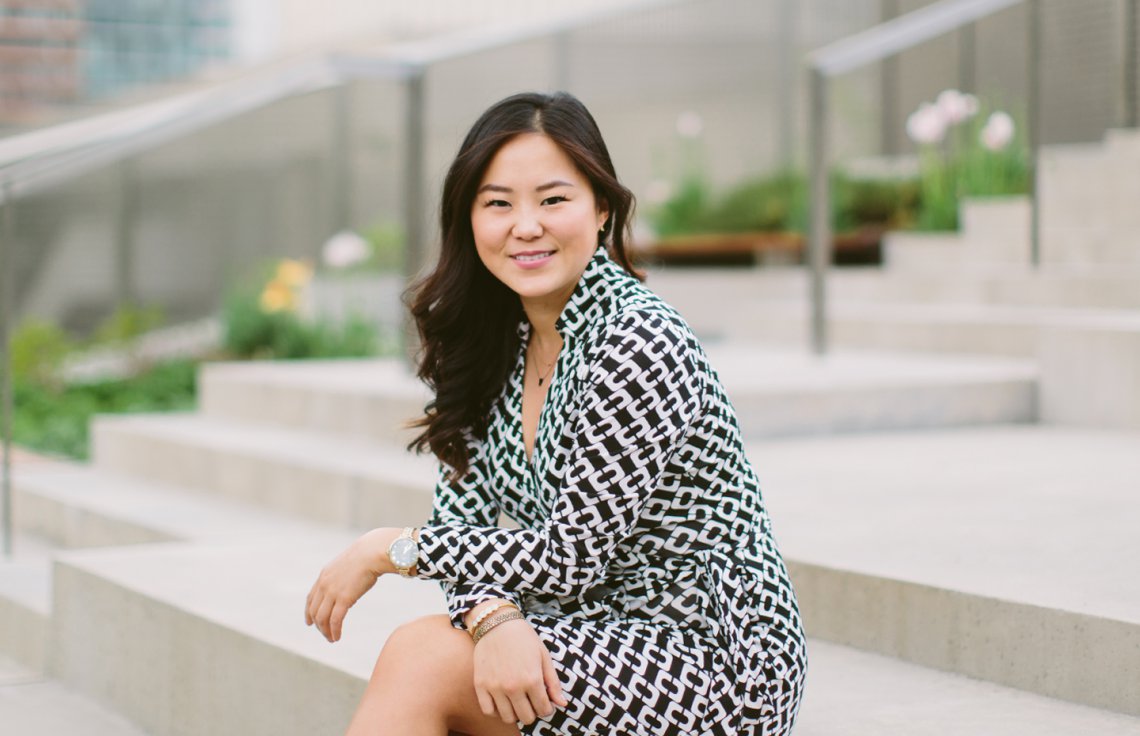
Government + Public Policy
How to Become a Foreign Service Officer
Ever wondered what it would be like to work in Foreign Affairs? Gloria Chou knows, and she's spilling.
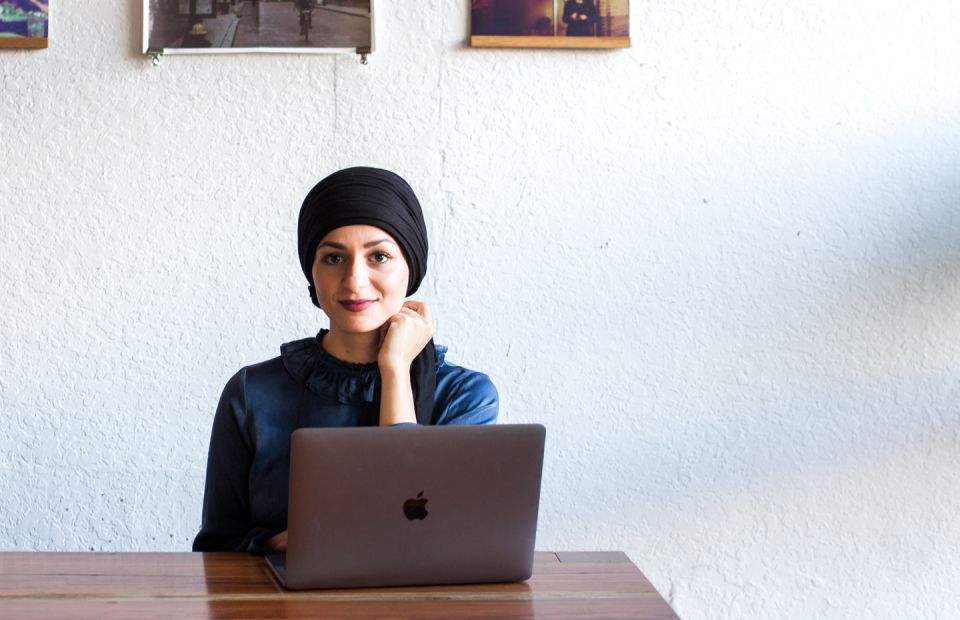
Government + Public Policy
Noor Elkhaldi on Taking a Break From School to Work as an SVU Counselor
"You cannot care for others if you do not care for yourself."
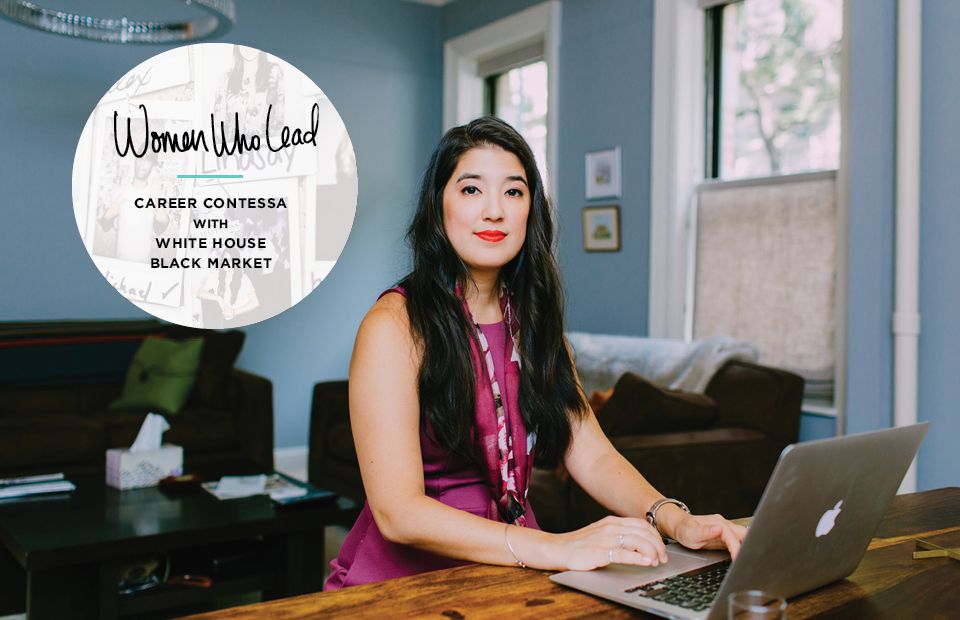
Consumer Services, Education, Finance
Women Who Lead: Alexandra Dickinson, Founder and CEO of Ask For It
On taking risks and asking for more—always.
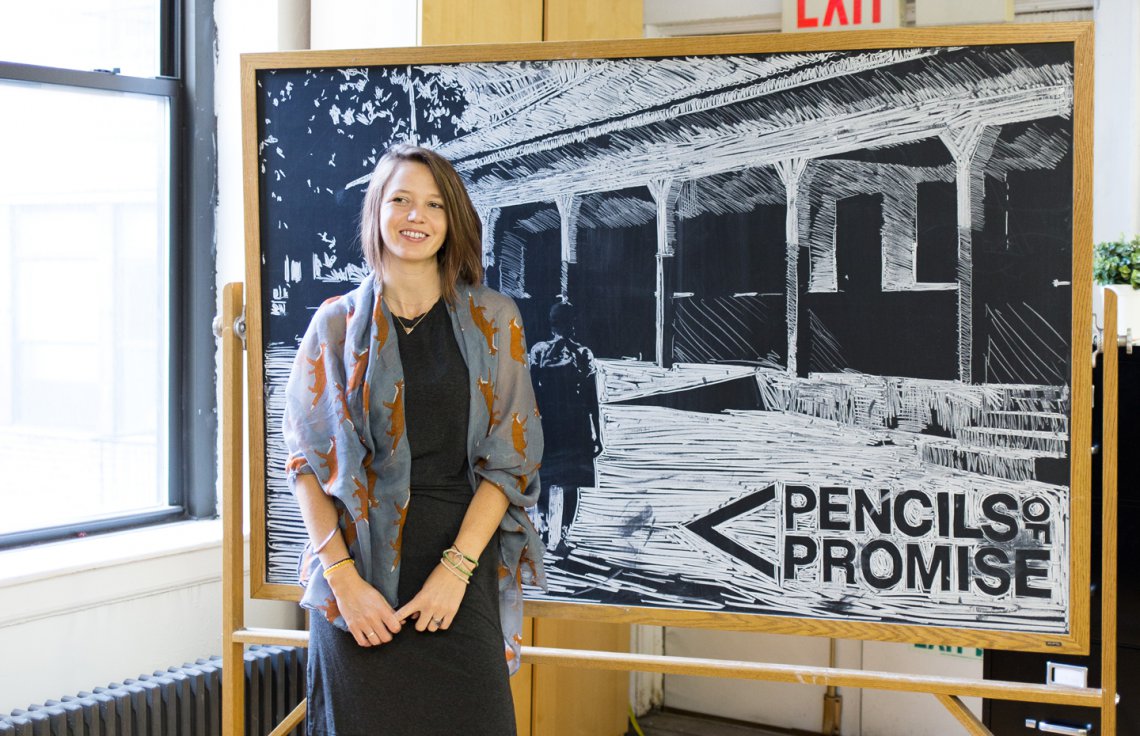
Nonprofit, Social Responsibility
Leslie Engle Young on What a Director of Impact Actually Does
This philanthropic globetrotter found her dream career working at Pencils of Promise.
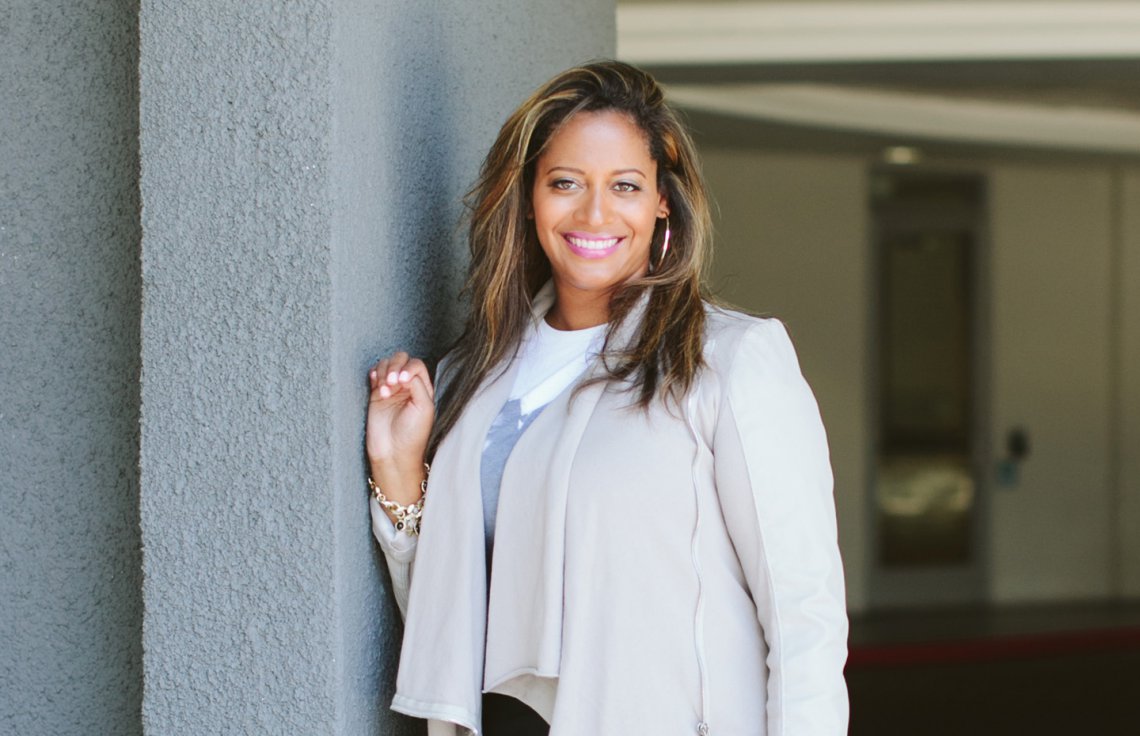
Entertainment, Government + Public Policy
Meet the Woman Behind Your Favorite T.V.
See how Candace's legal background has helped her climb the ladder to a director role at Sony Pictures.
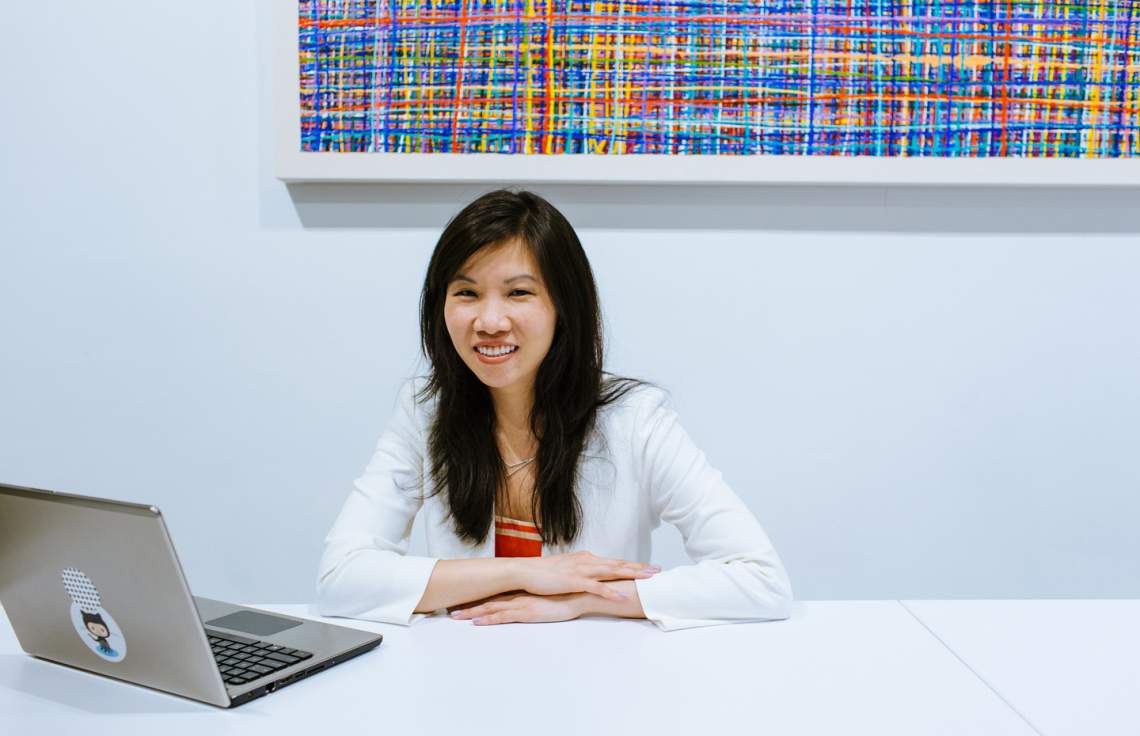
Government + Public Policy
This Millennial Entrepreneur Talks Politics, Activism, and...How to Vote?
Election season's almost over, but Maria Yuan's company, IssueVoter, is just getting started.
Get the Best Career Advice Delivered To Your Inbox
Join our newsletter to stay in the loop.
